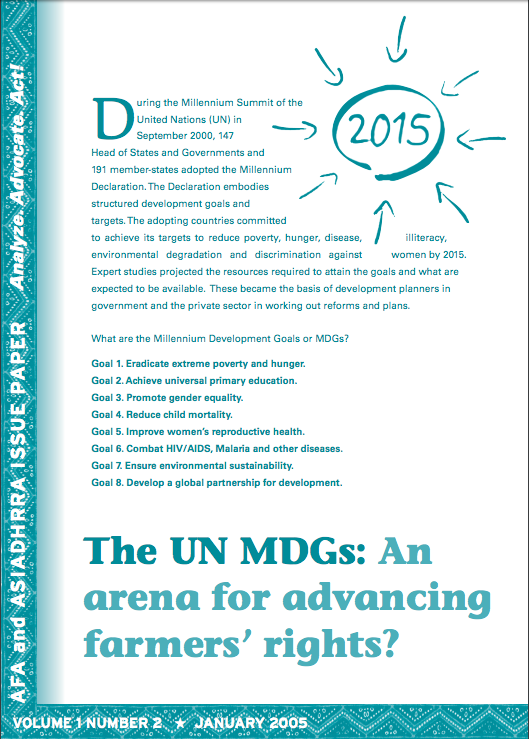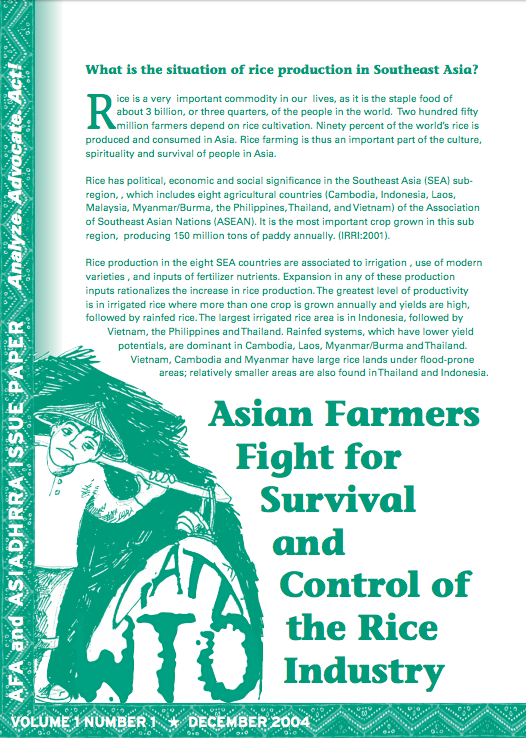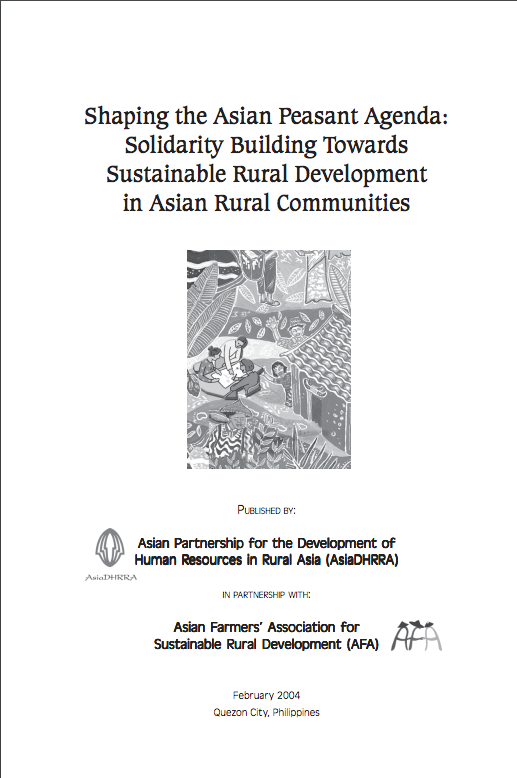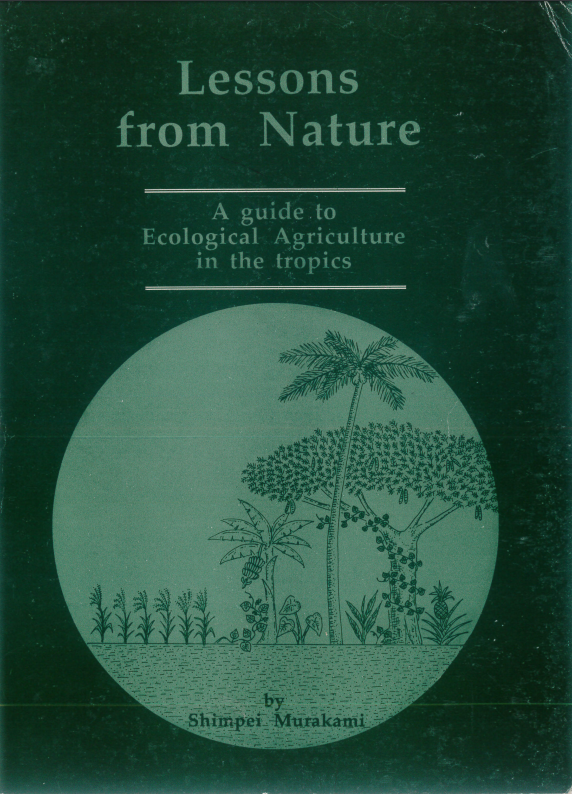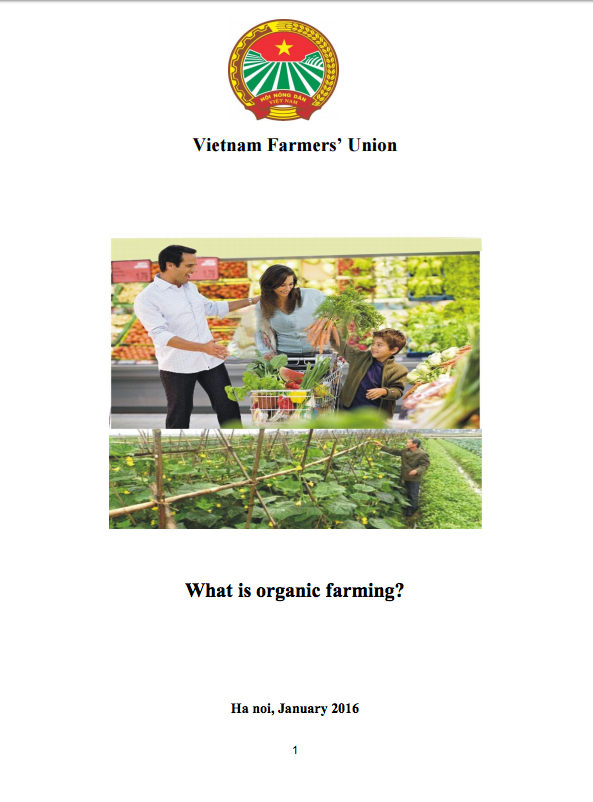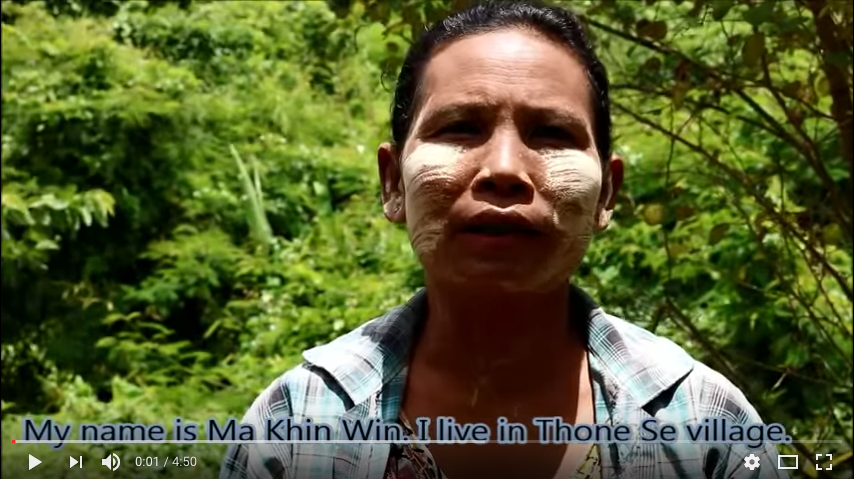WTO Kills Farmers: Beyond the Hong Kong Ministerial
The World Trade Organization (WTO) hailed the recent Hong Kong Sixth Ministerial Meeting last December 2005 as a positive movement towards the conclusion of the Doha Development Round. The round was supposedly geared towards ensuring that trade contributes to the development objectives of least developed and developing countries.




